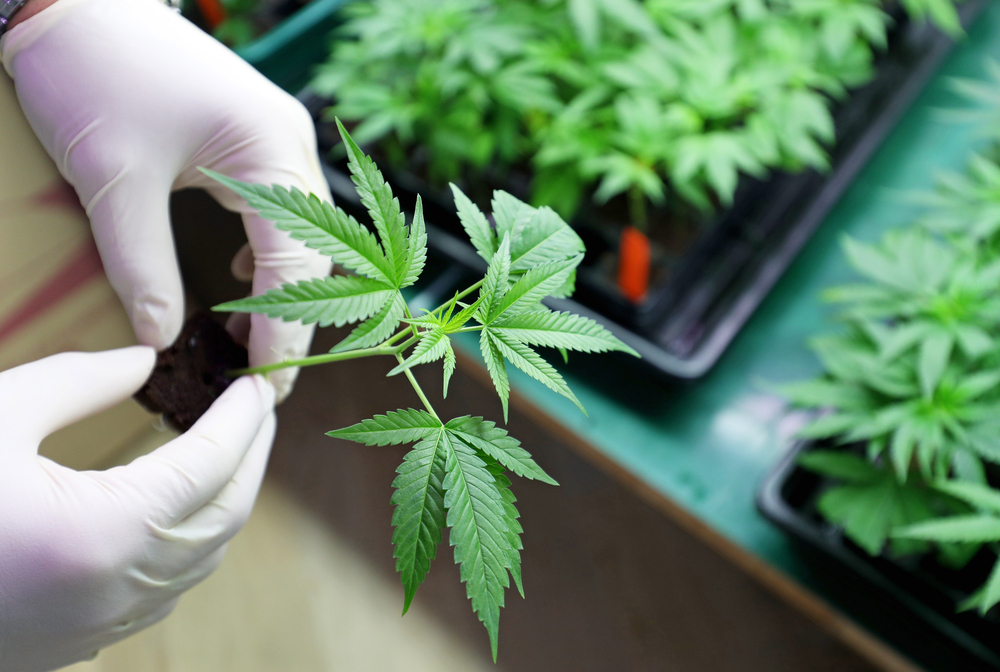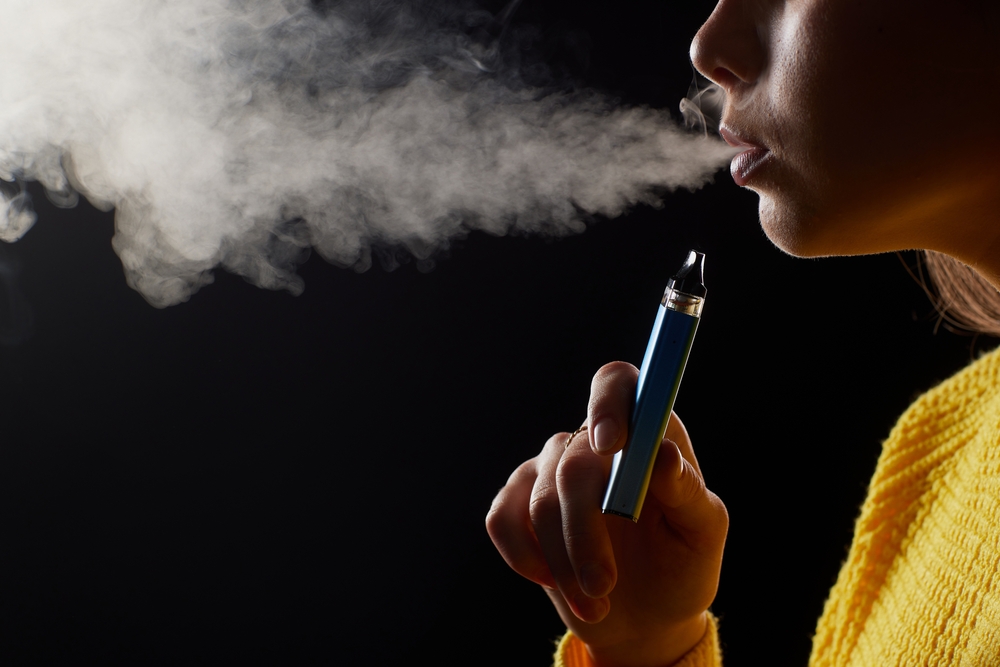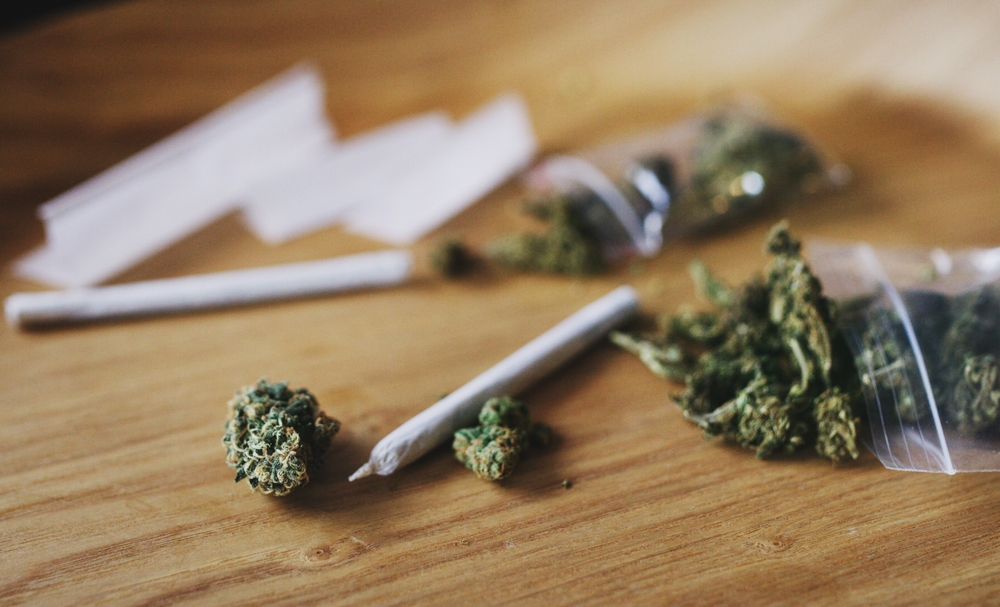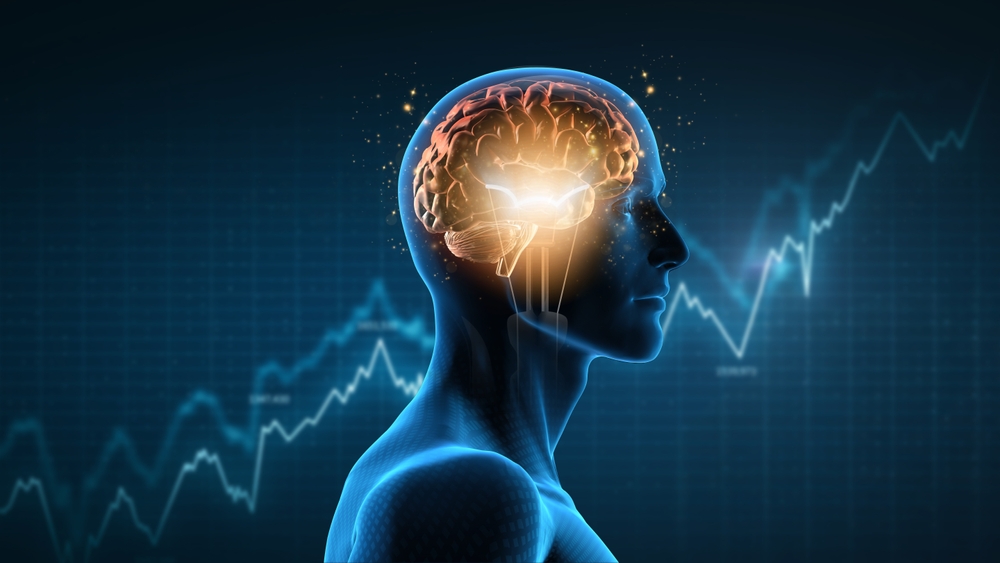What Really Happens When a Heavy Cannabis User Quits and How Studies Explain the Brain Effects

Quitting a long-time habit rarely unfolds as a dramatic moment. It is more often a slow reckoning that begins in the background a quiet thought, a growing discomfort, a sense that life could feel clearer than it currently does. For Dorian, a YouTuber who once smoked from morning to night, that reckoning arrived in stages. He had normalized the fog, the forgetfulness, the wheezing breaths during workouts, even the emotional heaviness. It had all blended into the rhythm of his daily life.
But when he finally stepped back from cannabis after years of heavy use, the contrast shocked him. Within weeks his mind shifted. Within months his body felt different. And by the six month mark, he had gained a striking sense of clarity. His personal story aligns with ongoing scientific research exploring what long-term cannabis use does to the brain and how both recreational and medical users experience the substance differently. As legalization spreads and access becomes easier, these stories matter more than ever.
This viral-style feature dives into Dorian’s six month transformation while blending it with scientific insights, expert context, and the evolving complexity of cannabis use in the modern world. His personal changes are significant, but the bigger picture reveals an even more compelling understanding of how cannabis affects memory, mood, motivation, and overall physical health.
The Cultural Shift Around Cannabis
Public understanding of cannabis has changed dramatically over the past few decades. What was once viewed primarily as a counterculture drug is now embedded in mainstream life. Dispensaries operate in broad daylight. Edibles come in artisanal packaging. Cannabis is used casually, medically, therapeutically, and socially. In 2019 nearly one in five Americans reported using it at least once.
The normalization of cannabis use has influenced how people perceive its risks and benefits. Recreational users often highlight relaxation, temporary stress relief, heightened sensory experiences, or creativity. Medical users rely on cannabis for pain management, insomnia, anxiety relief, chronic conditions, and various other symptoms.
Yet cannabis is not a monolithic experience. Different strains have different effects, different THC levels influence intensity, and different methods of consumption matter. Someone who uses once a month will not experience the same neurological patterns as someone who smokes daily upon waking.
Researchers stress that frequency, age of first use, potency, genetics, and general mental health all affect the outcome. Cannabis can be both helpful and harmful depending on who is using it and how. This complexity is essential when interpreting stories like Dorian’s. His experience is deeply tied to heavy, daily, long-term use something very different from occasional recreational or prescribed medical consumption.
Dorian’s Life Before Quitting

Dorian began smoking weed as a teenager. At first it was a social activity, a way to feel relaxed or escape from the pressures of adolescence. But over time it became a dependency. By adulthood he was smoking immediately after waking up, before the gym, before work, during breaks, in the evenings essentially throughout the entire day.
His baseline state became synonymous with being high. The fog felt normal. His difficulty concentrating felt normal. Even his anxiety and low mood felt normal because he had been functioning that way for so long.
But underneath the routine, Dorian was struggling. He described simple tasks feeling harder than they should have been. Reading required effort because he had to reread sentences just to process basic information. Planning and organization felt overwhelming. Daily responsibilities slipped through the cracks. He began losing interest in the goals he once cared about because the mental fog had dimmed his motivation.
Emotionally he felt unstable. He initially believed weed helped reduce his anxiety and depression, but he eventually noticed that these feelings were intensifying. The relief cannabis once provided had dulled over the years and the emotional lows became deeper. Instead of easing stress, the constant THC exposure seemed to amplify it.
That realization was one of the first cracks in Dorian’s long-running habit. He wanted to understand what life would feel like without the constant haze. Despite knowing withdrawal would be uncomfortable, he committed to quitting.
The Science of Withdrawal and Why It Happens

Withdrawal from cannabis is often misunderstood. Many assume weed cannot create dependence, but research consistently shows that withdrawal symptoms are real and common among frequent users. A large analysis of more than twenty three thousand people found that nearly half of regular users experienced withdrawal symptoms when quitting.
The cause is rooted in neurobiology. THC influences the brain’s endocannabinoid system. This system helps regulate mood, sleep, appetite, memory, and stress responses. When someone uses cannabis regularly, THC becomes a consistent part of the brain’s functioning. Over time the body adjusts to its presence. When THC levels suddenly drop, the brain has to rebalance without the chemical it has grown accustomed to.
Common withdrawal symptoms include irritability, anxiety, restlessness, decreased appetite, emotional sensitivity, insomnia, headaches, nausea, sweating, abdominal discomfort, and vivid or unsettling dreams. These symptoms typically appear within the first two days of quitting and peak around day three.
Although withdrawal is rarely dangerous, it can be intense enough to push people back into using. Understanding the biology behind withdrawal makes the experience less mysterious and helps people persevere through the hardest part.
The First Few Weeks After Quitting

When Dorian stopped using cannabis, the early days were rough. His anxiety surged. His emotions swung unpredictably. His appetite dropped and his sleep was erratic. Vivid dreams disrupted his rest. He felt irritable, restless, and uncomfortable in his own skin.
Yet subtle improvements were happening underneath the discomfort. Small bursts of clarity broke through. His mornings felt slightly more energetic. His mind began stabilizing. And after several weeks the mental fog that had defined his daily life began to lift noticeably.
Withdrawal often brings a kind of turbulence that mirrors how deeply cannabis had woven itself into daily functioning. But once the body adjusts to the absence of THC, many cognitive functions begin improving. For Dorian the shift was unmistakable.
He felt more present. He felt more capable. Tasks that once felt exhausting now felt manageable. Slowly his sense of control returned.
The Return of Mental Clarity

One of the biggest transformations Dorian reported was the return of mental clarity. When he smoked every day he felt slow and easily distracted. Processing information required effort. But after months without cannabis his ability to think sharpened dramatically.
This aligns with scientific findings. Studies have shown that regular cannabis users often experience reduced immediate and delayed memory recall. Others show decreased focus, slower processing speeds, and impaired attention. These effects are more pronounced among people who began using heavily as teenagers because the brain is still developing.
However many of these cognitive changes are reversible. Research indicates that certain cognitive improvements begin within days or weeks of quitting. Others continue improving over months. Dorian’s six month milestone appears to reflect this recovery timeline.
As clarity returned, so did motivation. Without weed clouding his focus he found himself wanting to set goals again. He began working out more consistently because his energy no longer felt depleted. Productivity increased. He felt a sense of ambition that had been missing for years.
This mental shift may relate directly to dopamine regulation. THC stimulates the brain’s reward system which can artificially boost feelings of pleasure or satisfaction. Over time this can make everyday tasks feel less rewarding. When THC is removed the brain gradually recalibrates making natural rewards feel meaningful again.
Emotional Shifts and Improved Mental Health

One of the most surprising changes for Dorian involved his emotional wellbeing. He had assumed cannabis eased his anxiety and depression. Many users report this perception. But after quitting he noticed that his anxiety actually decreased. His mood stabilized. He felt lighter and more grounded.
His experience parallels research showing that for some individuals especially long-term daily users cannabis can worsen symptoms of anxiety and low mood. While THC can temporarily produce relaxation the effect often rebounds resulting in heightened anxiety later on.
After quitting Dorian found that his emotional landscape became more manageable. He no longer felt as weighed down or mentally foggy. He understood his thoughts more clearly without the haze of intoxication.
He described the final three months of his six month streak as the period where he felt the most profound changes. Emotional stability and improved mood became a new baseline.
Physical Health Transformations

Beyond mental improvements the physical changes Dorian experienced were significant. Heavy daily smoking had impacted his lungs although he did not fully realize the extent until he stopped.
Within months he noticed that his breathing felt easier. He no longer wheezed during exercise. His endurance increased. He stopped feeling winded during simple activities. His lungs felt like they were healing.
These changes align with long-established research. Smoking cannabis even though it differs chemically from tobacco still exposes the lungs to smoke inhalation. Over time this can irritate airways and decrease respiratory efficiency.
By quitting Dorian allowed his lungs to repair. This improvement is consistent with studies showing that respiratory symptoms often decrease within weeks or months after stopping cannabis smoking.
He also noticed changes in his relationship with food. While high he often snacked excessively which contributed to unhealthy eating patterns. After quitting he gained greater control over his appetite and his blood sugar levels improved because he stopped overeating sugary foods.
Even his sleep transformed. While smoking he could sleep for long stretches but always woke up tired. After quitting he felt genuinely rested with eight hours of sleep and began dreaming again a common experience since cannabis can suppress REM sleep.
What Science Reveals About Cannabis and the Brain
Alongside personal stories researchers continue expanding our understanding of how cannabis affects the brain. Programs like the Marijuana Investigations for Neuroscientific Discovery led by Harvard researcher Staci Gruber use neuroimaging and cognitive assessments to map cannabis’s effects.
Studies show that individuals who start heavy recreational use before age sixteen may show differences in brain regions responsible for memory, attention, and judgment compared to non users. Neuroimaging has found changes in white matter the neural pathways that help different areas of the brain communicate.
At the same time researchers studying medical cannabis users often find different outcomes. Some medical patients actually show improved cognitive performance over time likely because cannabis helps reduce symptoms that previously impaired functioning.
This contrast highlights why context matters. Recreational heavy use especially during adolescence appears linked to cognitive challenges. But therapeutic use among older adults with medical conditions may produce benefits. Cannabis is multifaceted. Understanding its impact requires nuance.

Dependence and Recovery
Dorian’s story reflects patterns shared by many who have quit cannabis. Heavy long-term users often experience withdrawal, emotional turbulence, and cognitive sluggishness while using. After quitting they frequently report improved clarity, motivation, mood, and overall health.
This does not mean cannabis is universally harmful. Nor does it diminish its legitimate medical uses. But it does underscore that heavy daily use carries risks that deserve serious attention.
Recovery highlights the incredible resilience of the brain. Many cognitive functions rebound. Lung health improves. Emotional balance returns. People rediscover motivation and self discipline.
Cannabis does not affect everyone the same way. But Dorian’s story shows just how much can change when dependency ends.
Life After the Smoke Clears
Quitting cannabis after long-term heavy use is not easy. It disrupts routines, challenges emotional habits, and forces the mind to recalibrate. Early withdrawal can feel chaotic. Anxiety spikes. Sleep becomes unpredictable. Emotions feel raw.
But with time the fog lifts. Clarity returns. Energy rises. Emotional balance strengthens. The brain and body reveal their remarkable ability to heal.
Dorian’s six month transformation captures this with honesty and depth. His story resonates because it reflects a broader truth about recovery. Healing often happens slowly and quietly but it is powerful.
For anyone considering cutting back or quitting his experience offers encouragement. The discomfort is temporary. The improvements are real. And on the other side of the fog there is a clearer sense of self waiting to emerge.
Loading...

